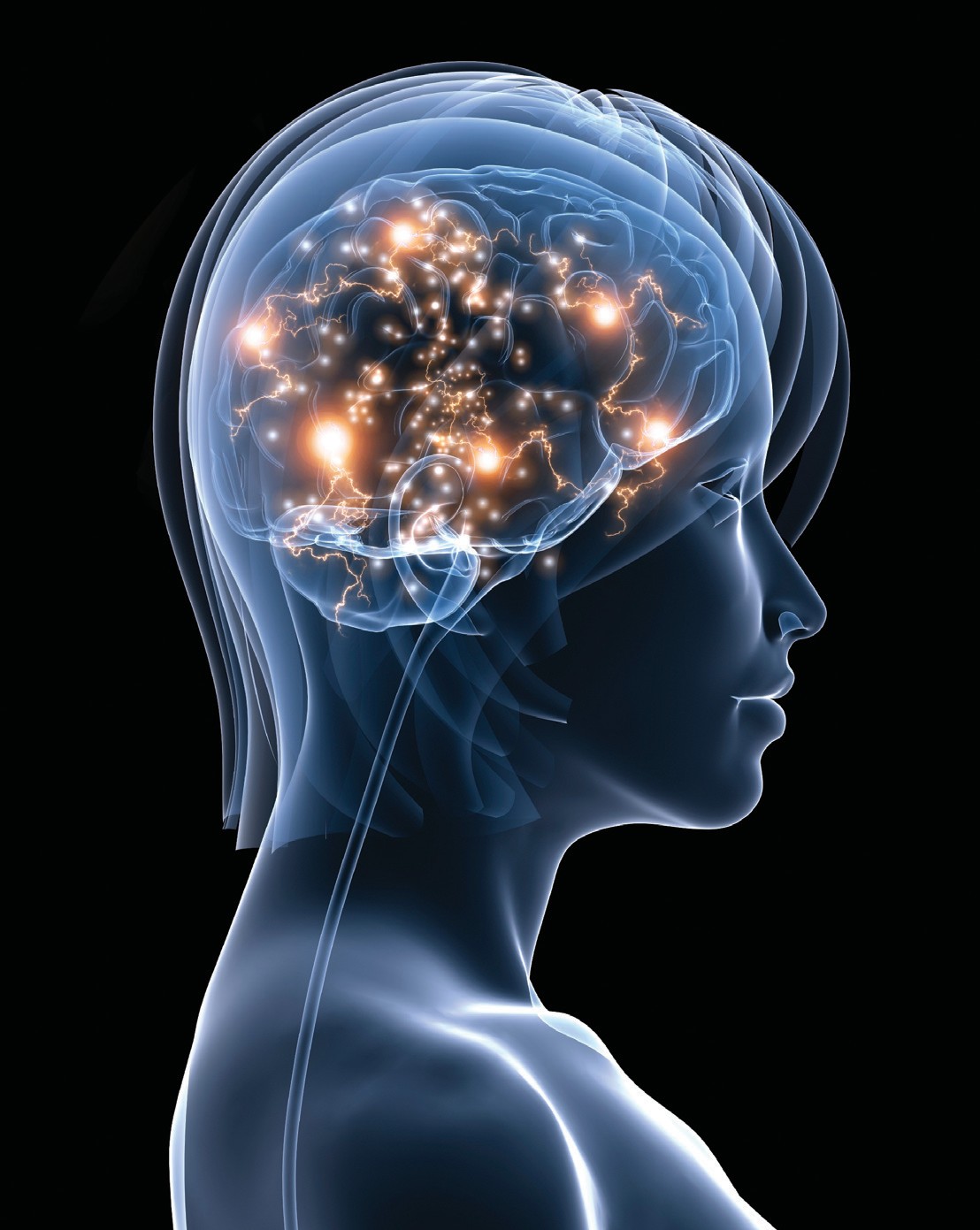
Migraines & BrainCore
BrainCore Therapy helps migraines by using neurofeedback to train the brain to regulate its electrical activity, promoting a more balanced state. By targeting specific brainwave patterns, the therapy can reduce
Home / BrainCore Therapy / What is BrainCore Therapy?
“The brain is the most complex organ in the human body, and neurofeedback provides a way to unlock its potential by optimizing brainwave patterns for better mental health.”
— Dr. Daniel J. Siegel
BrainCore Therapy Neurofeedback is a cutting-edge, non-invasive treatment designed to enhance brain function and promote mental well-being. It represents a revolutionary approach in neurofeedback therapy, leveraging advanced technology to help individuals achieve balanced and regulated brainwave patterns. This drug-free, safe, and effective treatment is suitable for individuals of all ages, aiming to improve cognitive performance, emotional stability, and overall quality of life.
At its core, BrainCore Therapy Neurofeedback is based on the principle that the brain generates electrical activity, or brainwaves, which can be measured and adjusted. During a neurofeedback session, electrodes are placed on the scalp to monitor real-time brainwave activity. This data is then used to provide immediate feedback through visual or auditory cues, guiding the brain towards more optimal brainwave patterns.
Here’s a breakdown of the process:
The first step involves a thorough assessment of the individual's brainwave patterns. This assessment identifies any dysregulation or imbalances that may be affecting mental and emotional health. By understanding the current state of brain function, personalized treatment plans can be developed.
During the training phase, real-time feedback is provided to the brain through a series of visual or auditory signals. These signals help the brain learn to produce more balanced and regulated brainwave patterns. The goal is to encourage the brain to self-correct and establish these optimal patterns.
Over time, as the brain becomes accustomed to the new patterns, it begins to maintain these balanced brainwave states even outside of the therapy sessions. This reinforcement helps improve overall mental functioning, emotional regulation, and cognitive performance.
This process of neurofeedback training is supported by extensive scientific research. Studies have shown that neurofeedback can lead to significant improvements in various aspects of mental health and cognitive function. For instance, research indicates that individuals undergoing neurofeedback training can experience a reduction in symptoms related to anxiety, attention deficit disorders, and mood disorders, among others.
Neurofeedback has proven effective for individuals with attention deficit disorders (ADD/ADHD). It helps improve focus, concentration, and impulse control. According to studies, neurofeedback can lead to a 40% improvement in attention and focus, offering a significant boost to individuals struggling with these issues.
Managing stress and anxiety is a key benefit of BrainCore Therapy. By promoting relaxation and enhancing emotional regulation, neurofeedback can help reduce symptoms of stress and anxiety. Research shows that neurofeedback can lead to a 30% reduction in anxiety levels, providing relief for those dealing with chronic stress.
For individuals experiencing sleep disorders such as insomnia or irregular sleep patterns, neurofeedback can be highly beneficial. It promotes more balanced brainwave activity during sleep, leading to improved sleep quality. Patients often report a 25% improvement in sleep patterns after undergoing neurofeedback therapy.
BrainCore Therapy can be advantageous for individuals with mood disorders, including depression and bipolar disorder. By stabilizing emotional states and reducing mood swings, neurofeedback supports a more balanced mood. Improvements of around 20% in mood stability are commonly observed with neurofeedback treatment.
Enhancing cognitive function, memory, and problem-solving skills is another benefit of neurofeedback. By optimizing brainwave patterns associated with cognitive processing, neurofeedback can lead to a 15% increase in cognitive performance. This makes it a valuable tool for individuals seeking to improve their mental acuity.
Athletes, students, and professionals often use neurofeedback to enhance their performance. Whether it’s managing stress, improving focus, or achieving peak potential, neurofeedback can offer a 25% improvement in these areas. This makes it an excellent choice for those striving to excel in their respective fields.
Addictions BrainCore Therapy helps alleviate symptoms of addictions and compulsions by training the brain to produce more balanced wave patterns associated with calmness and focus. While it does not cure addictions, it serves as a valuable adjunct to other therapies, supporting better emotional regulation and impulse control.
Neurofeedback can complement traditional treatments for various neurological conditions, such as migraines, traumatic brain injury, and epilepsy. By promoting overall brain health and function, it supports the management of these conditions and enhances overall well-being.
Eating for Nutrition, Not Anxiety BrainCore Therapy assists stress eaters by training the brain to manage anxiety better, often a key driver of overeating. Combined with lifestyle modifications, it helps reduce the compulsion to eat triggered by stress, promoting healthier eating habits and improved emotional resilience.
Helps individuals with ADD/ADHD improve their ability to concentrate and manage impulses.
Promotes relaxation and emotional regulation, leading to lower stress and anxiety levels.
Assists in managing sleep disorders and promoting balanced brainwave activity during sleep.
Supports emotional stability and reduces mood swings associated with mood disorders.
Enhances memory, problem-solving skills, and overall cognitive performance.
Improves focus, stress management, and performance for athletes, students, and professionals.
Complements traditional treatments for neurological conditions and promotes overall brain health.
Neurofeedback and lab reports are not intended for and should not be used for medical diagnosis, prevention, or treatment, including self-diagnosis.
Reports should not be used as a substitute for professional medical care and should not be relied upon in diagnosing or treating a medical condition, ailment, or disease.
Consult your primary physician, psychologist, counselor, or other qualified healthcare practitioners regarding the applicability of any information or materials provided in the reports regarding your symptoms or condition.
Never disregard professional medical or psychological advice, delay seeking medical or psychological advice and treatment, or stop current medical or psychological treatment because of something you have read in neurofeedback or lab reports.

BrainCore Therapy helps migraines by using neurofeedback to train the brain to regulate its electrical activity, promoting a more balanced state. By targeting specific brainwave patterns, the therapy can reduce

While there are many treatments for panic attacks available, very few of them are medication-free and effective. In this video, BrainCore Therapy patient Jason shares his experience using neurofeedback to

A woman discusses her experience with BrainCore Therapy to address depression.
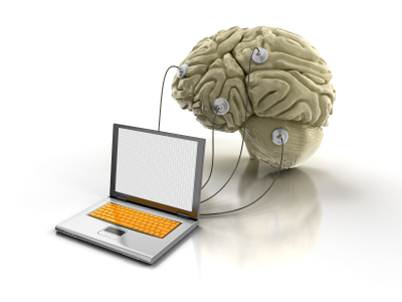
A woman speaks about her experience utilizing BrainCore Therapy to relieve and manage her Post Stroke Syndrome.
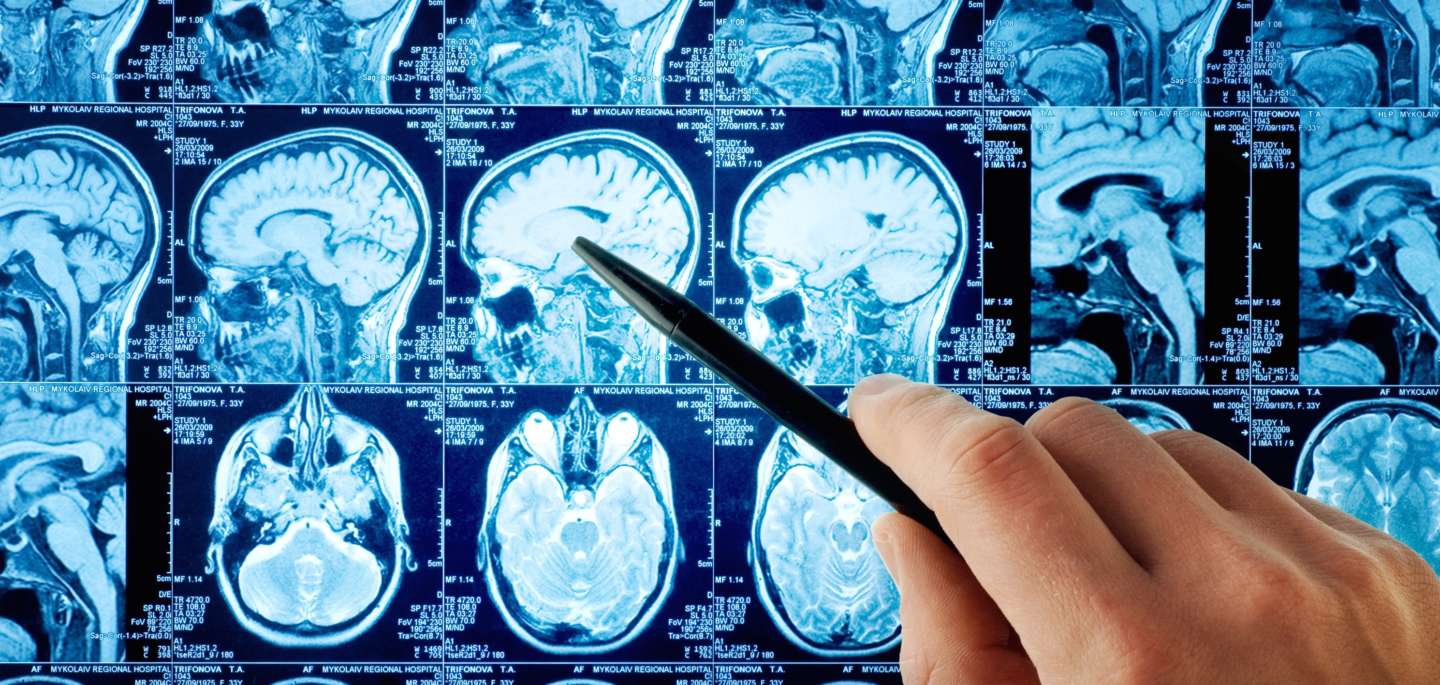
A mom gives her testimonial about using BrainCore Therapy for her son’s Asperger’s Syndrome
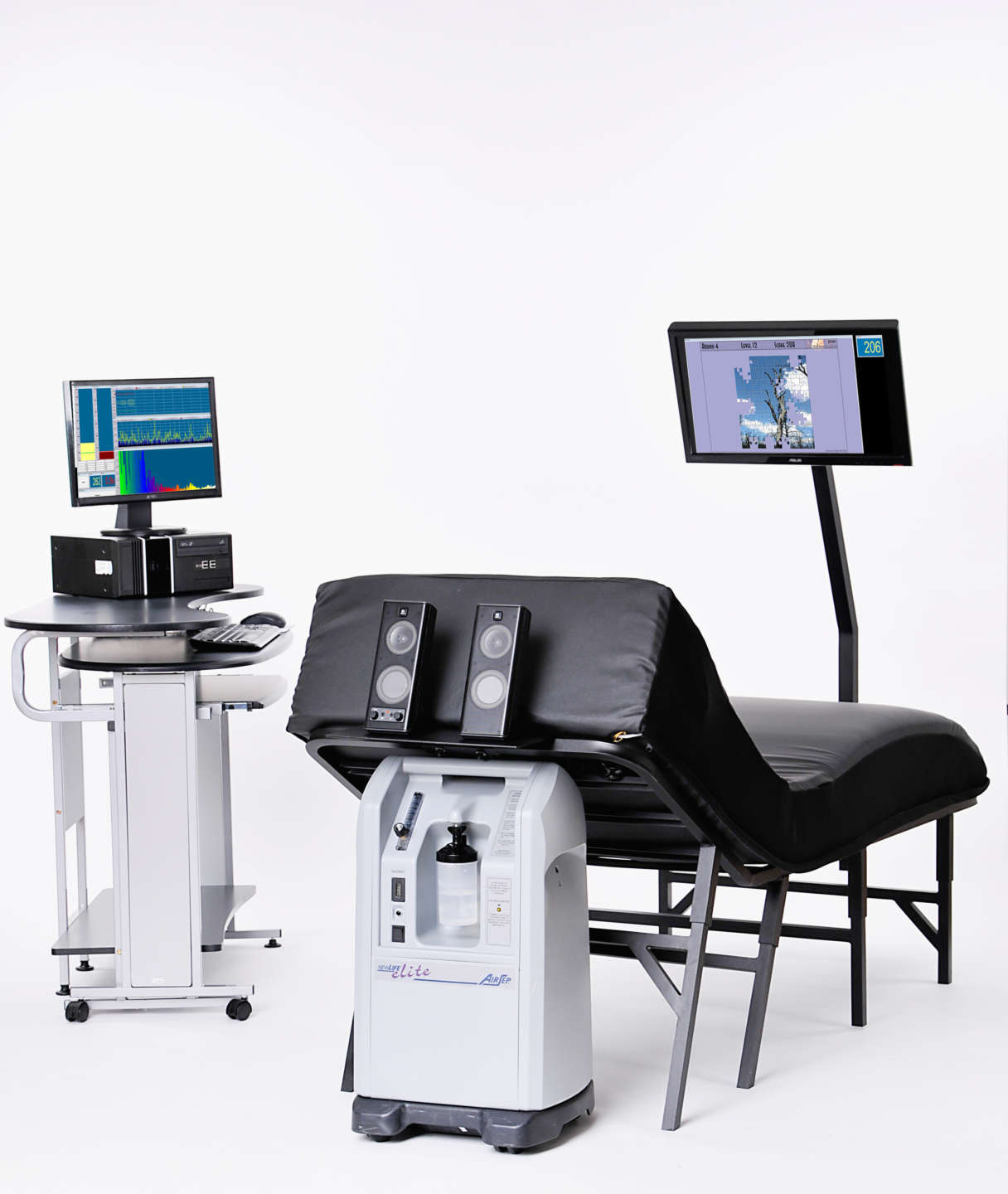
BrainCore Therapy’s Christina Gravinese discusses her decision to use neurofeedback to treat her son’s ADHD symptoms.

When Ryan Romanelli was six years old, doctors diagnosed him with attention deficit hyperactivity disorder. Instead of immediately turning to medications, his mom JoAnne began exploring alternative treatments for ADHD.

BrainCore Therapy patient Chris Brogan talks about why of all the ADHD treatments available, she found neurofeedback to be the most effective.
BrainCore Therapy patients Grace and Melissa share why using neruofeedback had dramatic impact on the quality of their lives.

Meg Sheehan discusses how she used neurofeedback to help her son Bobby alleviate his anxiety symptoms.
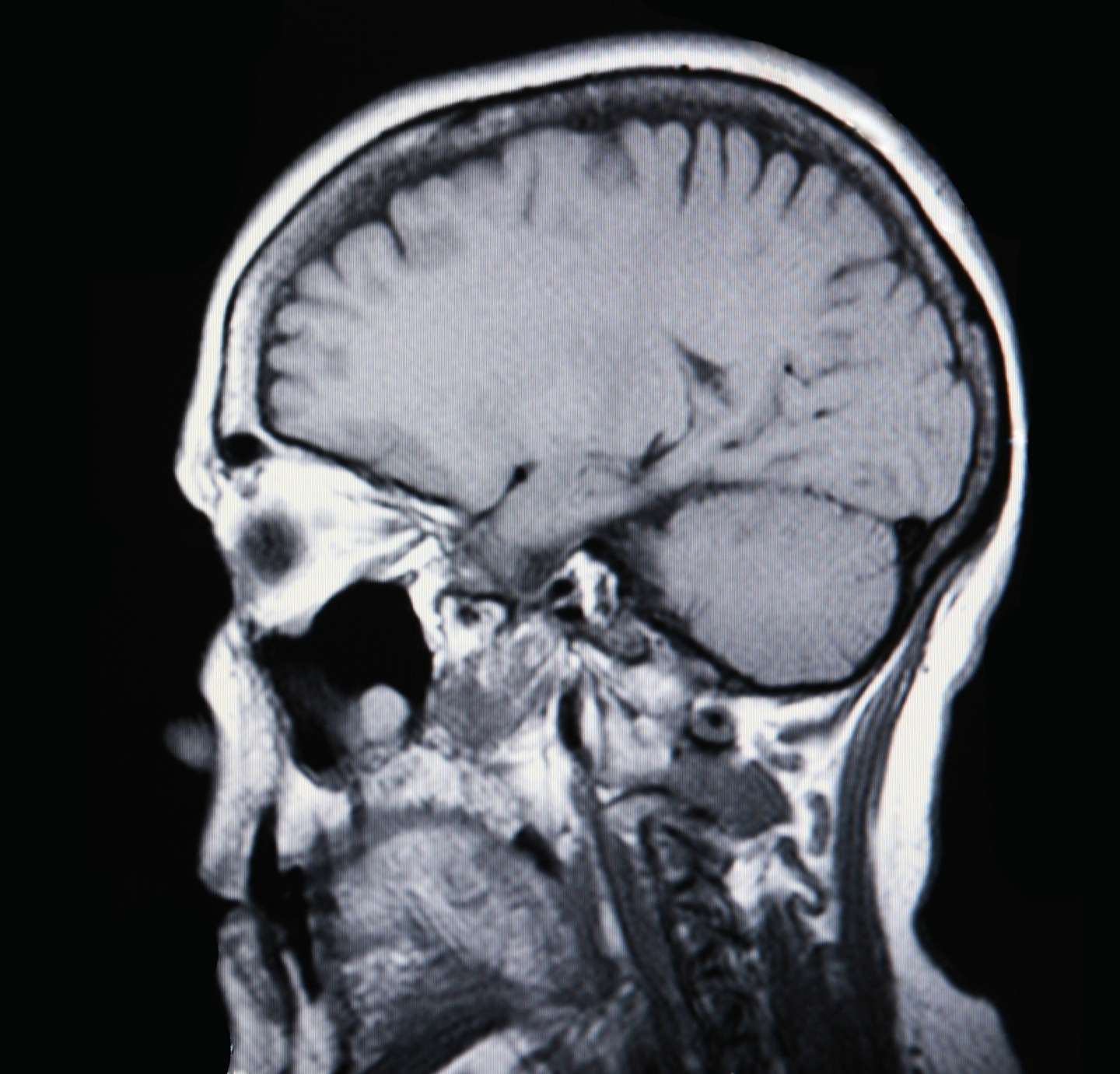
Tracy’s son Shane suffers from both autism and ADD. In this video his family talks about their experience using neurofeedback to address his symptoms, and they results they’ve experience.
Balance Atlanta stands out as a leader in BrainCore Therapy Neurofeedback, thanks to our extensive experience and innovative approach. Dr. Caroline, a pioneer in neurofeedback therapy, has been offering this cutting-edge treatment for over eighteen years, making her one of the first practitioners to provide BrainCore Therapy in Georgia. Her expertise and commitment to patient care set us apart from other providers.Experience the benefits of chiropractic care for your family at Balance Atlanta. Let us support your children’s growth and development, ensuring they have the tools they need to thrive physically and emotionally.
At Balance Atlanta, we are dedicated to delivering personalized, holistic care tailored to each individual’s unique needs. Our state-of-the-art facilities and compassionate approach ensure that you receive the highest level of care and support. Whether you’re seeking to enhance cognitive function, manage stress, or improve overall mental well-being, our BrainCore Therapy Neurofeedback can help you achieve your goals.
Visit Balance Atlanta in Atlanta, GA, and experience the transformative benefits of BrainCore Therapy Neurofeedback. Our commitment to your health and well-being is unmatched, and we look forward to helping you achieve optimal mental and emotional balance through our advanced neurofeedback treatments.
BrainCore Therapy is a form of neurofeedback that helps train the brain to function more efficiently. It uses a non-invasive EEG (electroencephalogram) to measure brainwave activity and identify patterns linked to symptoms such as anxiety, poor focus, insomnia, or stress. Once patterns are identified, neurofeedback exercises guide the brain toward healthier rhythms through real-time feedback. Over time, the brain learns to self-regulate more effectively. BrainCore does not use drugs or surgery; it relies on the brain’s natural ability to adapt and rewire.
Neurofeedback works by providing the brain with real-time information about its activity. During a session, sensors record brainwaves while the person watches a video or plays a simple game on a computer screen. When the brain produces desirable patterns, the game or video responds positively, reinforcing that activity. When the brain drifts into less balanced patterns, the feedback changes. With repeated training, the brain learns to maintain healthier patterns on its own, leading to improvements in symptoms and daily function.
BrainCore Therapy does not cure medical conditions, but it supports brain regulation in ways that may reduce symptoms. It has been used to help with ADHD, anxiety, depression, insomnia, PTSD, migraines, and stress-related problems. Some people also use it to improve focus, memory, or performance. Because it works by training brainwaves, it can benefit both children and adults. Improvements come from the brain learning new patterns of function, not from external stimulation or medication.
BrainCore Therapy is non-invasive and considered safe. Sensors only record brain activity; nothing is put into the brain. The feedback process is similar to learning a new skill through repetition, such as practicing an instrument or a sport. Side effects are rare but may include temporary fatigue or mild headaches as the brain adjusts. Sessions are gentle, and training is tailored to each person’s comfort level. Over time, most people experience improvements in focus, mood, or sleep.
The number of sessions varies depending on the person and their goals. Many people begin noticing improvements within 10–15 sessions, while long-term change typically requires 20–40 sessions. Each session builds on the last, gradually retraining brainwave patterns. Once the brain learns healthier rhythms, the results are often lasting, though occasional maintenance sessions may be helpful. Consistency is essential, as neurofeedback is a learning process that takes time to reinforce.
A BrainCore session begins with placing small sensors on the scalp to record brainwave activity. The individual then watches a video or plays a computer game designed to give feedback about brain function. When the brain produces healthy patterns, the game or video responds positively, reinforcing the desired activity. Sessions usually last 30–45 minutes, and they are painless. Over time, the brain adapts to produce more balanced rhythms, leading to improvements in symptoms and daily functioning.
BrainCore Therapy may benefit children, teens, and adults experiencing difficulties with focus, stress, mood, or sleep. It can support those with ADHD, anxiety, depression, migraines, or PTSD. Even people without specific conditions use neurofeedback to enhance mental performance, clarity, or resilience. Because it is safe, non-invasive, and drug-free, BrainCore is appealing to families seeking natural ways to improve brain function. Results vary, but many people notice improvements in daily life after consistent training sessions.
Neurofeedback, the science behind BrainCore Therapy, has been studied for decades. Research shows it can help regulate brainwave patterns associated with ADHD, anxiety, insomnia, and other conditions. BrainCore uses this established science in a structured program tailored to each individual. While results vary and more studies are ongoing, many patients and practitioners report meaningful improvements. Neurofeedback is recognized as a safe and evidence-based method for training the brain to self-regulate more effectively.
Unlike medication, which alters brain chemistry from the outside, BrainCore works by teaching the brain to regulate itself. Neurofeedback is a learning process—similar to building a habit—and aims for long-term improvement without ongoing reliance on drugs. Medications may provide quick relief, but the effects stop when the medicine is discontinued. BrainCore helps the brain “practice” healthier patterns until they become natural, often resulting in lasting changes that continue beyond the training program.
Results from BrainCore Therapy are often long-lasting because the brain learns and retains new patterns, much like riding a bike. Once healthier rhythms are established, the brain tends to maintain them without continued feedback. However, life stressors or significant events can sometimes disrupt balance, and occasional “tune-up” sessions may be helpful. Many people report ongoing benefits in focus, mood, or sleep long after completing their program, reflecting the brain’s ability to adapt and self-regulate.